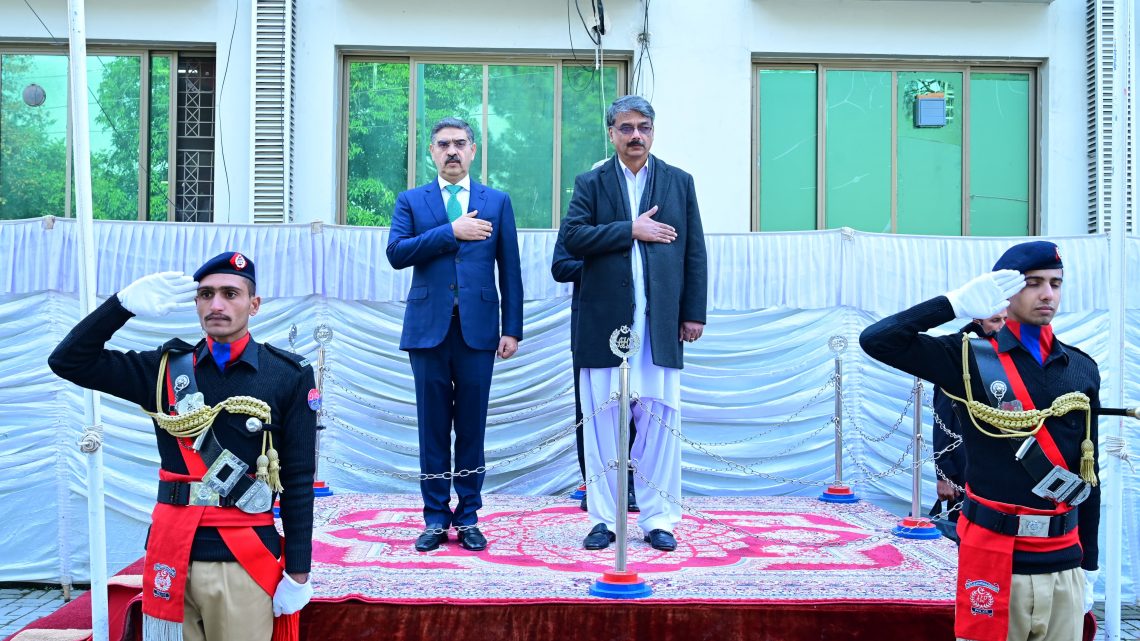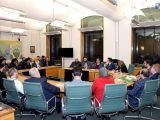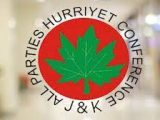
Pakistan’s Caretaker Prime Minister Affirms Kashmir’s Independence and UN Plebiscite
December 15, 2023In a recent press conference in Muzaffarabad, Pakistan’s Caretaker Prime Minister Anwaar-ul-Haq Kakar unequivocally asserted that Kashmir has never been, and will never be, a part of India. He emphasized the centrality of a plebiscite in resolving the longstanding Jammu and Kashmir dispute, aligning with UN Security Council resolutions. Prime Minister Kakar declared that neither Indian courts nor assemblies hold the authority to determine the future of the Kashmiri people.
Highlighting the impact of India’s alleged illegal and unilateral actions in the occupied Jammu and Kashmir region, Kakar contended that these actions have only fueled the Kashmiris’ quest for freedom. The Prime Minister argued that the international community has not endorsed India’s stance on Kashmir, further emphasizing the need for a plebiscite to allow the people of the region to decide their fate.
Paying homage to the sacrifices made by the Kashmiri people in their struggle for self-determination, Kakar asserted that India cannot suppress the significant cause driving the Kashmiri people. He declared solidarity with the residents of Indian-occupied Jammu and Kashmir, viewing them as potential citizens of Pakistan, and vowed to protect their rights from infringement.
Referring to a recent consultative meeting with Kashmiri leadership in Muzaffarabad, Kakar announced plans for another round of talks in Islamabad. He expressed the intention to maintain regular contact with Kashmiri leaders to effectively present the Kashmiri people’s plight on the global stage. Pakistan, he added, will actively advocate for the rights of the Kashmiri people at international forums.
The Prime Minister’s statements underscore the persistent tensions and the complex nature of the Kashmir conflict. By reiterating Pakistan’s commitment to a plebiscite, Kakar emphasizes the importance of a diplomatic and peaceful resolution to the dispute, following international law. The assertion that the residents of the occupied region are considered potential citizens of Pakistan reinforces the historical and cultural ties between the two territories.
As talks are set to continue in Islamabad, it remains to be seen how diplomatic efforts will unfold and whether they will contribute to alleviating the longstanding grievances in the region. The international community will likely closely monitor these developments, considering the historical significance and potential ramifications of any resolution to the Indian Illegally Occupied Jammu and Kashmir conflict.

